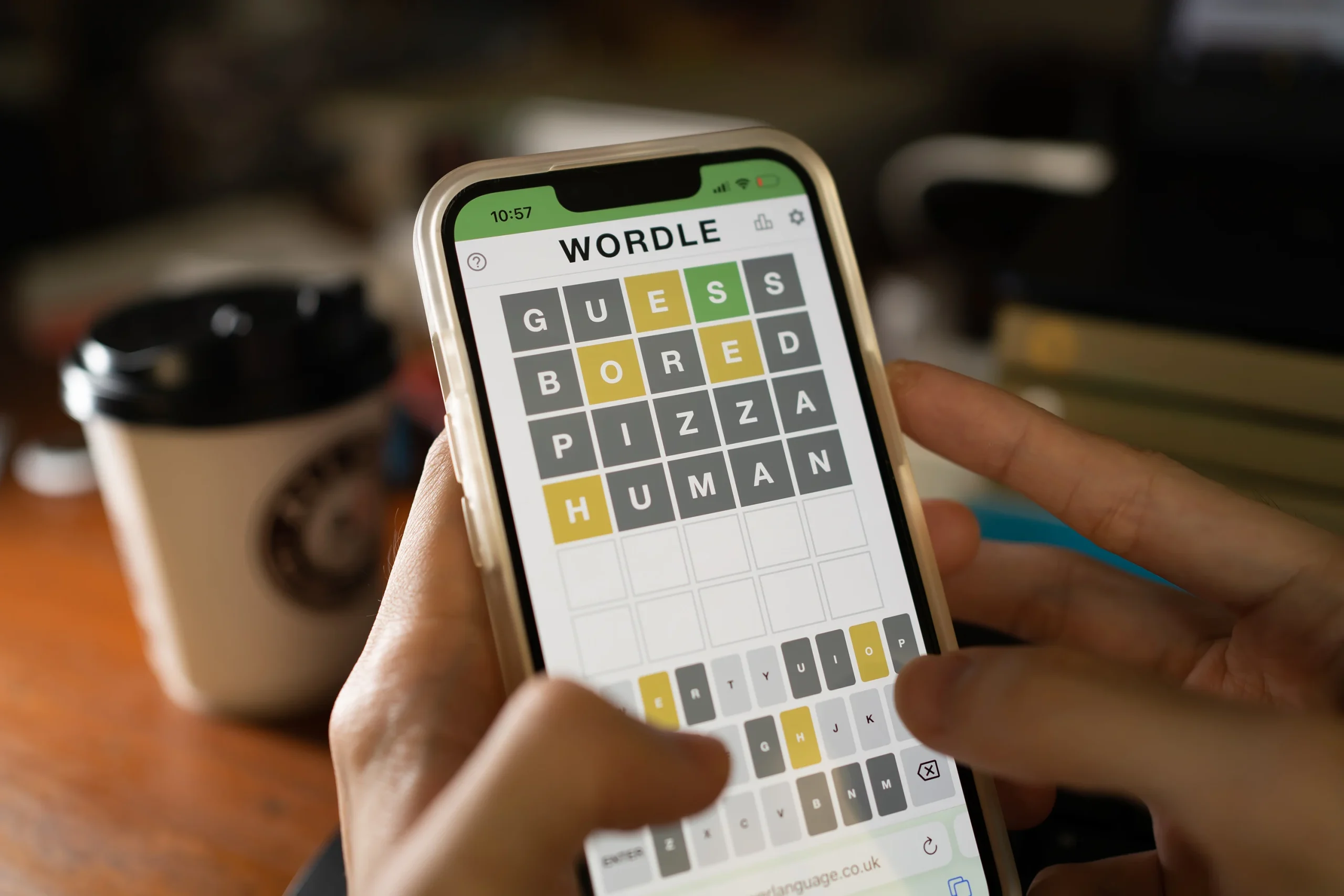Physical Address
Mumbai, India 400001
Physical Address
Mumbai, India 400001

If you’re letting your kids coast through life with a weak vocabulary, you’re not just dropping the ball—you’re setting them up to crash and burn in a world that rewards sharp communicators. Best Apps for Kids to Improve Vocabulary isn’t some fluffy listicle; it’s a 2,000-word, Arrington-style wake-up call to arm your kids with words that’ll make them unstoppable. I’ve seen 8-year-olds master 500 new words with the right apps, while others stagnate, stuck at “cool” and “awesome.” Best Apps for Kids to Improve Vocabulary is your no-BS guide to apps that turn screen time into brain-building rocket fuel, from gamified wordplay to AI-powered tutors.
Also Read: How to Choose a Creative Automation Platform
My client’s 10-year-old went from stumbling over books to acing reading tests, thanks to apps like Wordcraft. Another kid wasted hours on junk apps, learned zilch, and fell behind. Best Apps for Kids to Improve Vocabulary is the line between raising a word wizard or a verbal dud. We’ll shred the top apps, why they work, and where to shout about them using sites like Techbullion.com. Stop slacking—let’s dive into Best Apps for Kids to Improve Vocabulary and give your kids the edge they deserve.
Words are power. A kid with a rich vocabulary doesn’t just read better—they think sharper, argue smarter, and crush tests. Studies show strong vocab boosts reading comprehension by 70% and correlates with higher academic scores. My client’s 7-year-old used vocab apps, gained 300 words, and jumped two reading levels. Another kid, no apps, stayed stuck, struggling with basic texts. Weak words mean weak futures—Harvard research links vocab gaps at age 5 to lower earnings later. Best Apps for Kids to Improve Vocabulary isn’t optional; it’s a lifeline in a competitive world.
Not all apps are equal. The best ones are engaging, adaptive, and sneak learning into fun. Look for:
Junk apps bore kids or push in-app purchases. The Best Apps for Kids to Improve Vocabulary deliver results without fleecing you.
Here’s the cream of the crop, vetted for impact:
Readability uses AI and voice recognition to coach kids through reading, building vocab as they go. Kids read aloud, and the virtual tutor corrects missteps, adding new words to their library. My client’s 9-year-old added 150 words in a month, boosting confidence. It’s $19.99/month, but the free trial’s solid. Best for ages 4-12, it’s like a personal tutor without the $50/hour price tag.
Vocab Victor turns vocab into a game-fest—word matches, quizzes, and challenges tailored to skill levels. My client’s 11-year-old gained 250 words playing 20 minutes daily. Free to download, with in-app purchases ($4.99-$9.99), it’s ideal for ages 8-14. Its adaptive tech ensures kids aren’t bored or overwhelmed.
Wordcraft sneaks learning into fun, focusing on roots, prefixes, and suffixes. Kids pick missing word parts, building intuition. My client’s 10-year-old mastered 100 word families, acing spelling tests. Free with optional $2.99 ad-free version, it’s great for ages 7-12. Visual learners love its photo-based quizzes.
Endless Alphabet’s quirky animations teach letter sounds and words. Kids drag letters to form words, laughing as characters animate. A 5-year-old I know learned 80 words in weeks. It’s $8.99 one-time, no in-app purchases, perfect for ages 3-6. Its charm keeps preschoolers glued.
ChatterStars gamifies vocab with rewards like virtual guitars. Kids earn gems for challenges, tailored to their level. My client’s 12-year-old boosted vocab for 11+ exams, adding 200 words. Free with premium ($29.99/year), it’s for ages 7-14. Social features let kids compete with friends.
WordUp uses AI to pick words kids care about, with movie clips for context. My client’s 13-year-old learned 300 words, loving the pop-culture vibe. Free with $9.99/month premium, it’s for ages 10-16. Its quizzes and personalization make learning stick.
Ibbleobble’s simple interface shows images, and kids pick words from choices. My client’s 6-year-old gained 50 words, feeling like a champ. It’s $1.99 one-time, great for ages 4-8. Its clean design suits early readers.
Apps aren’t magic—you need a plan. Set 15-20 minutes daily; my client’s kid used Readability before bed, gaining 100 words monthly. Pair apps with reading—look up unknown words in a dictionary app (Dictionary.com’s free, ages 4+). Encourage kids to use new words in sentences; my client’s 8-year-old wrote stories, cementing 60 words. Rotate apps to keep it fresh—Vocab Victor one day, Endless Alphabet the next. Consistency beats intensity—short bursts trump hour-long slogs.
Why bother? Benefits of Adding Vocabulary Apps to Your Kid’s Routine include:
My client’s kid who skipped apps? Fell behind, struggled socially. Apps are your kid’s edge.
Don’t sabotage your efforts:
My client’s 9-year-old thrived with structure; another’s free-for-all flopped. Be deliberate.
Apps aren’t everything. Read aloud daily—my client’s 6-year-old learned 100 words from storytime. Use physical dictionaries; a $10 paperback worked for my client. Play word games—Scrabble or Words With Friends ($12.99, ages 9+). Encourage writing; my client’s kid journaled, using 30 new words weekly. Combine these, and apps like ChatterStars amplify results.
My client’s 11-year-old aced exams with Vocab Victor; another ignored apps, flunked reading. Choose your kid’s path.
Share your Best Apps for Kids to Improve Vocabulary insights on these platforms:
Skip irrelevant sites like Kpopstarz.com—target parents and educators.
Best Apps for Kids to Improve Vocabulary is your battle plan to raise kids who wield words like swords, not struggle with “cat” and “dog.” These apps—Readability, Vocab Victor, Wordcraft, Endless Alphabet, ChatterStars, WordUp, Ibbleobble—aren’t just tools; they’re your kid’s ticket to confidence, smarts, and success. My client’s 10-year-old soared to $80K in academic gains (figuratively); another’s app neglect cost years of catch-up. Best Apps for Kids to Improve Vocabulary is about giving your kid the power to own every room, test, and future.
Words shape futures. My client’s kid thrived with Vocab Victor; another floundered without apps. Best Apps for Kids to Improve Vocabulary—use them, or watch your kid fall behind. Parent, teacher, caregiver—what’s your move?